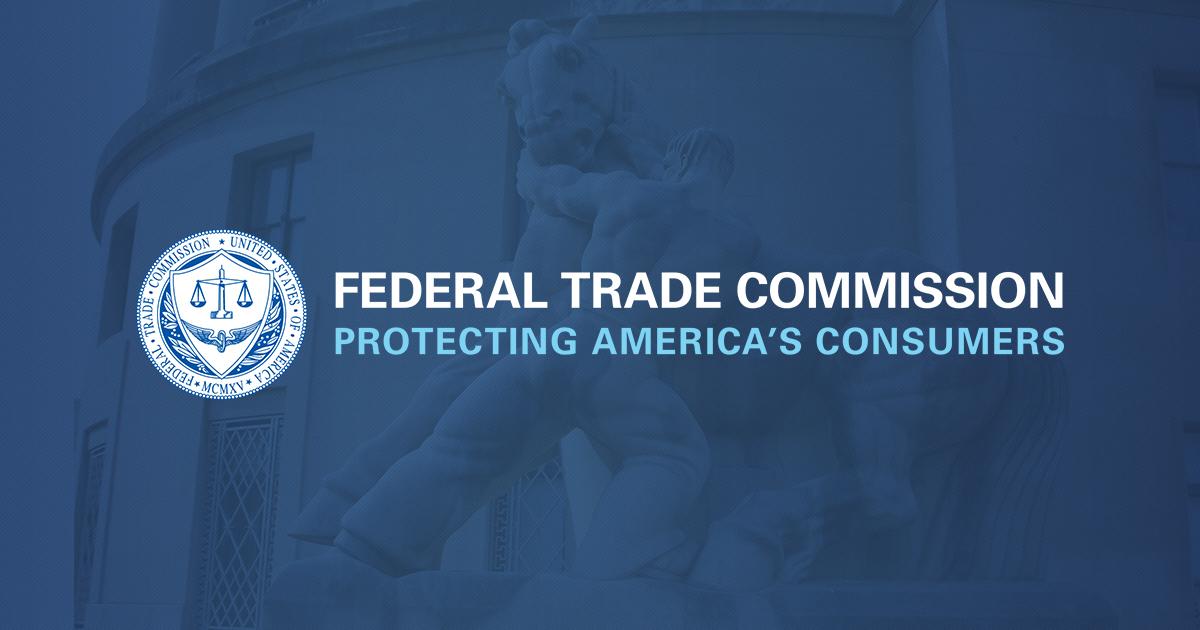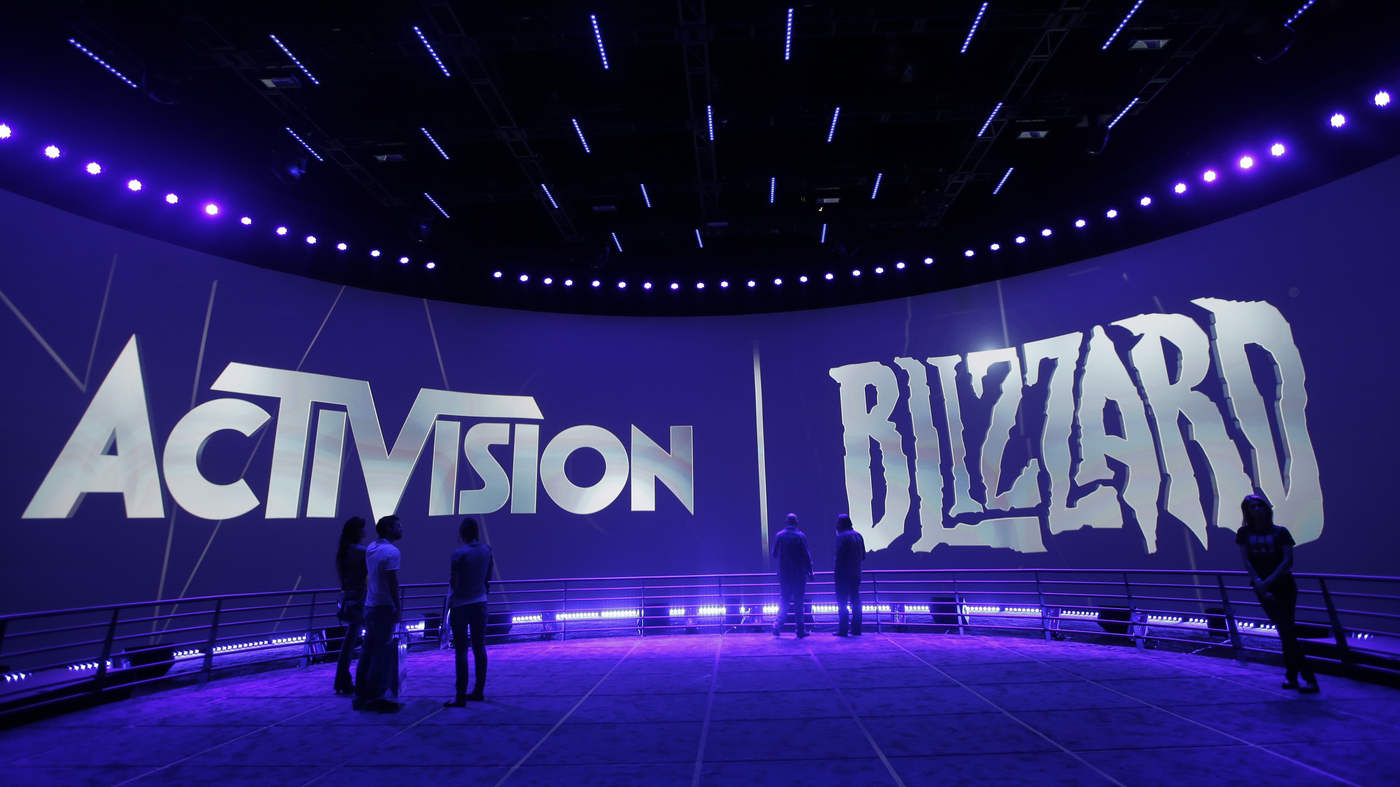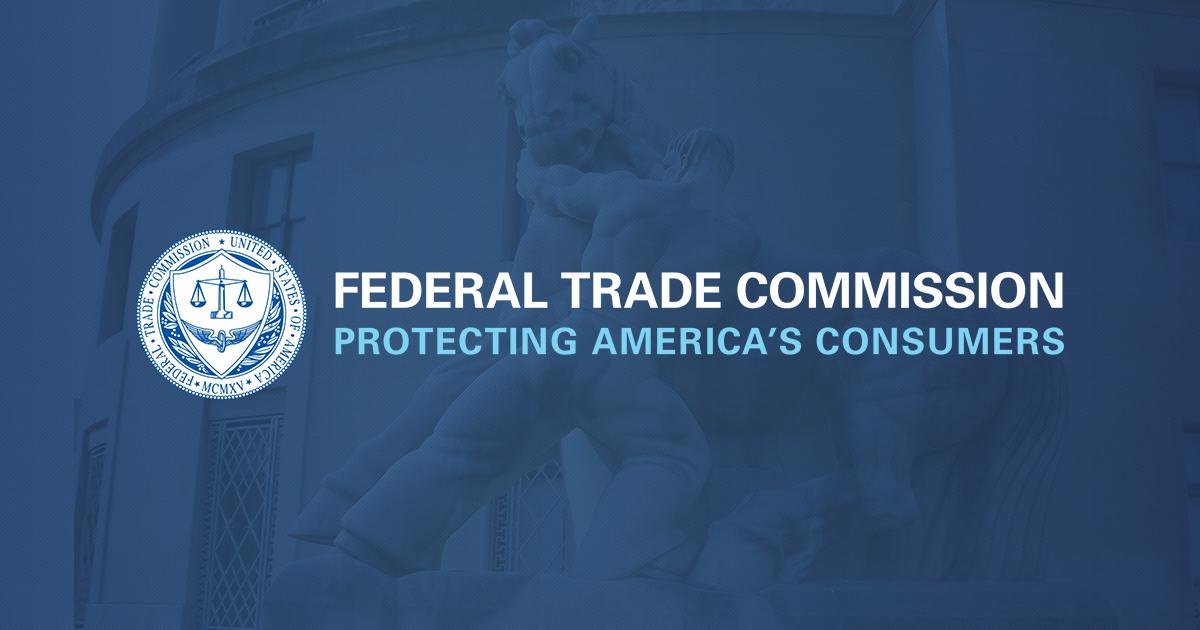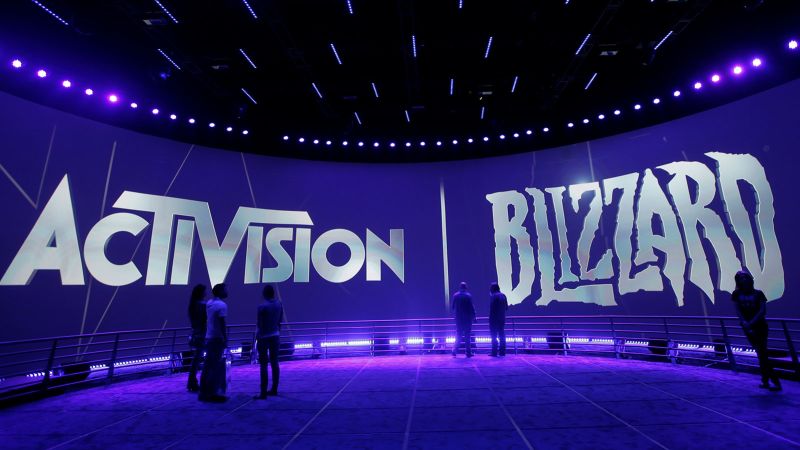The Federal Trade Commission (FTC) is taking a stand against the proposed merger between Microsoft and Activision Blizzard, a video game company. In a 3-1 vote, the FTC issued an administrative complaint to block the acquisition, citing concerns about potential harm to competition and consumer choice in the gaming industry. This move by the FTC is part of a broader effort to scrutinize big tech mergers under President Joe Biden’s mandate. Let’s take a closer look at the details of the complaint and its implications.
The Parties and the Transaction

Microsoft, a technology giant known for its Xbox gaming console and Xbox Game Pass subscription service, has entered into an agreement to acquire Activision Blizzard for a staggering $68.7 billion. Activision Blizzard is a renowned developer of video games, with popular franchises such as Call of Duty, Diablo, and Overwatch under its belt.
The FTC’s Complaint
The FTC’s complaint centers on the potential negative impact of the Microsoft-Activision merger on competition within the gaming industry. The commission argues that the combined entity would have the power and incentive to withhold valuable gaming content from Microsoft’s competitors, affecting three specific markets:
1. High-Performance Consoles
The FTC contends that the merger could stifle competition in the market for high-performance gaming consoles. With Activision’s popular game titles potentially becoming exclusive to Xbox, other console manufacturers may struggle to attract gamers.
2. Multi-Game Content Library Subscription Services
Another concern raised by the FTC is the impact on multi-game content library subscription services. Microsoft’s Xbox Game Pass, coupled with Activision’s extensive game catalog, could create a dominant force in this space, limiting consumer choice and potentially leading to higher prices or lower-quality products.
3. Cloud Gaming Subscription Services
Lastly, the FTC raises concerns about the implications for cloud gaming subscription services. As the popularity of cloud gaming grows, the merger could give Microsoft an unfair advantage over its competitors, resulting in reduced innovation and limited options for consumers.
Potential Consumer Harm
The FTC’s rationale behind challenging the merger lies in its belief that the consolidation of Microsoft and Activision’s assets could lead to significant harm for consumers. The commission fears that the transaction could result in reduced choice, higher prices, lower quality products, and a lack of innovation.
Implications and Possible Legal Battle

Microsoft’s president, Brad Smith, has expressed the company’s intention to challenge the FTC’s action in court. Microsoft believes that the merger will expand competition and create more opportunities for gamers and game developers. However, the FTC remains steadfast in its commitment to scrutinizing big tech mergers and ensuring that they do not harm competition.
European and UK Investigations
The Microsoft-Activision merger is not only drawing attention from the FTC but also from antitrust regulators in the European Union and the United Kingdom. These investigations are expected to continue into next year, further complicating the path forward for the proposed acquisition.
Public Perception and Investor Impact
The FTC’s decision to challenge the merger has garnered attention from various stakeholders. While gamers and consumer advocates may perceive the FTC’s action as a win for competition and choice, investors may be concerned about the potential impact on Microsoft’s stock and the broader gaming industry.
Amazon Prime Day Comparison
Looking at historical data, the article draws a comparison to Amazon Prime Day. On average, Amazon shares have shown slight declines during previous Prime Day events. This serves as a reminder that even highly anticipated sales events may not always translate to positive returns for shareholders.
Conclusion

The FTC’s decision to challenge the Microsoft-Activision merger underscores the commission’s commitment to examining big tech mergers and their potential impact on competition. As the legal battle unfolds and investigations continue both in the US and internationally, the gaming industry and its stakeholders will be closely watching for the outcome.
FAQ

1. What is the Federal Trade Commission (FTC)?
The Federal Trade Commission is a government agency in the United States responsible for protecting consumers and promoting competition in the marketplace.
2. How does the FTC determine whether to challenge a merger?
The FTC conducts investigations and analyzes the potential impact of a merger on competition. If the commission believes that a merger may harm competition, it can choose to challenge the merger through the administrative process or in federal court.
3. Why is the FTC concerned about the Microsoft-Activision merger?
The FTC is concerned that the merger could result in reduced competition and harm consumer choice in the gaming industry. The commission believes that Microsoft’s control over Activision’s gaming content could lead to higher prices, lower quality products, and limited innovation.
4. What is the significance of the merger challenge under President Joe Biden’s administration?
Under President Biden’s administration, there has been increased focus on scrutinizing big tech mergers and ensuring that they do not harm competition. The FTC’s challenge to the Microsoft-Activision merger is seen as a test case for this approach.
5. How might this merger challenge impact the gaming industry?
The outcome of the merger challenge could have far-reaching implications for the gaming industry. Depending on the result, it could shape competition dynamics, influence future mergers and acquisitions, and impact consumer access to gaming content.

